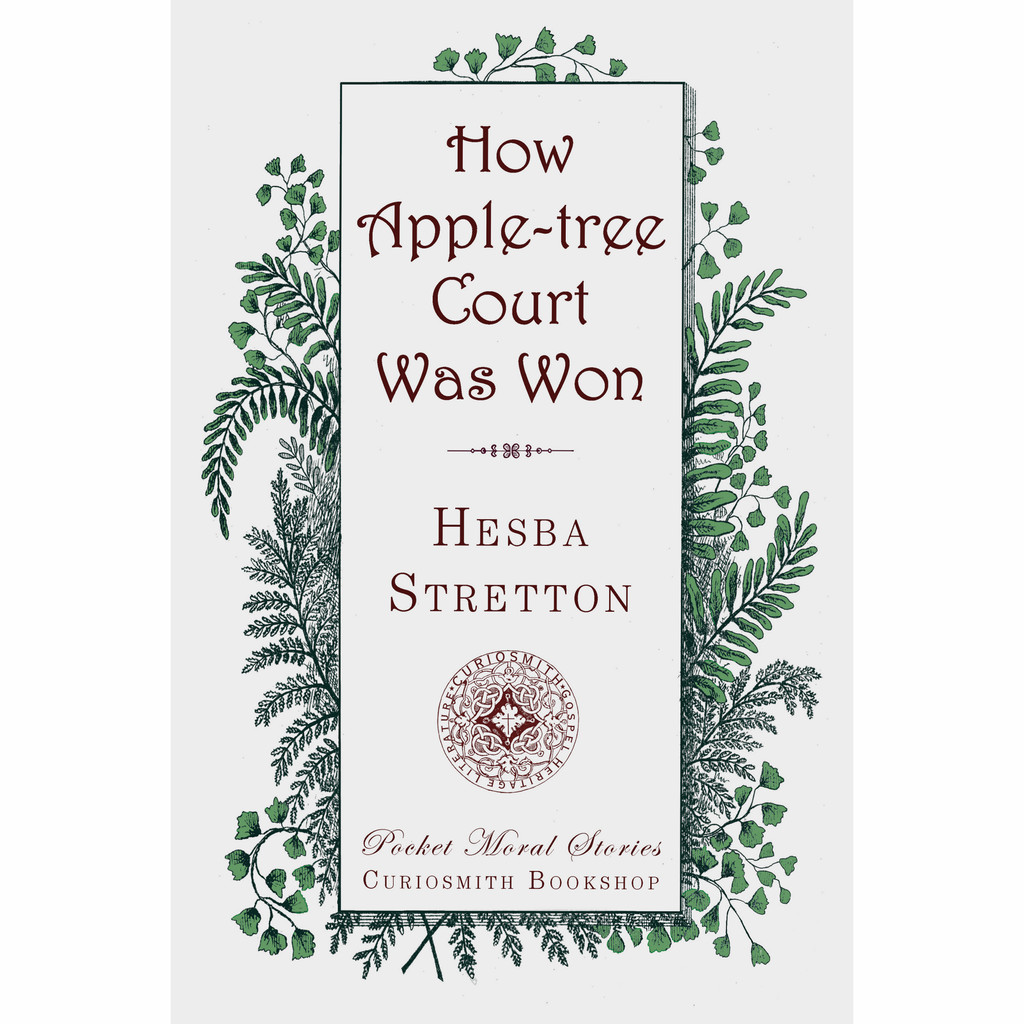
How Apple-tree Court Was Won by Hesba Stretton
Apple-tree Court was a rough neighborhood that even the police would not visit. George Lancaster who ran a local mission house considered how he might connect with the people. After several failed attempts he was baffled. When his son offered to help, he reluctantly let him try. The story shows the value of sacrificial love, a parallel to Christ's sacrifice. Another Biblical principal is forgiving others; Colossians 3:13—Bear with each other and forgive whatever grievances you may have against one another. Forgive as the Lord forgave you (NIV). Also Romans 8:32—He who did not spare his own Son, but gave him up for us all--how will he not also, along with him, graciously give us all things? (NIV);
Paperback 4X6, 64 pages. ISBN 9781941281260; Pocket Moral Stories.
SARAH SMITH (1832-1911) was born in Wellington, England. She had the good fortune of being able to read books from her father's bookshop, a printer of evangelical literature. Her mother was a strong evangelical, but died when Sarah was young. In the March 19th, 1859 issue of Household Words, a publication conducted by Charles Dickens, she published her first short story called The Lucky Leg. It is an intriguing story about a man who wanted to marry a woman with a missing leg. It was more secular, but her talent was recognized. Hesba Stretton became her pen name, Stretton coming from the name of a neighboring village, and Hesba coming from the initials of her siblings. H (Hannah or some sources Harriett), E (Elizabeth), S (Sarah), B (Benjamin), and A (Annie).
